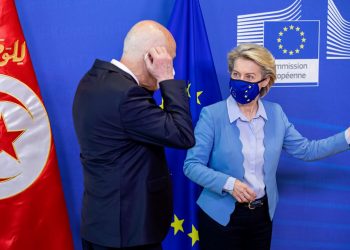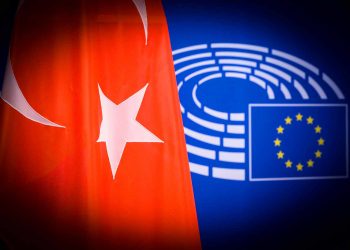Serious human rights violations and abuses are taking place in many parts of the world – frequently without any consequences for the perpetrators. The EU is not ready to stand by while serious global human rights violations and abuses take place. The establishment of the EU Global Human Rights Sanctions Regime (EUGHRSR) is a landmark initiative that underscores the EU’s determination to enhance its role in addressing serious human rights violations and abuses worldwide.
EU Global Human Rights Sanctions Regime
The main goal of the new EU Global Human Rights Sanctions Regime is to enable the EU to stand up in a more tangible and direct way for human rights, one of the fundamental values of the EU and its foreign policy. Respect for human dignity, freedom, democracy, equality, the rule of law and human rights underpin the EU’s external action. Acts such as genocide, crimes against humanity, torture, slavery, sexual and gender-based violence, enforced disappearances, or human trafficking are unacceptable. Putting an end to these violations and abuses worldwide is a key priority for the EU.
EUGHRSR – European Sanctions
The EU has a set of tools available to address human rights violations and abuses. This includes political dialogue, multilateral partnerships, but also sanctions. At present, the EU has already listed more than 200 individuals and entities for human rights violations or abuses in its existing geographical sanctions regimes.

The new EUGHRSR allows the EU to target serious human rights violations and abuses worldwide, irrespective of where they occur, whereas existing sanctions regimes focus on specific countries.
Sanctions, of course, are not an end in themselves. They are part of the EU’s broader strategy on human rights. For example, the EUGHRSR is an important element in delivering on the EU Action Plan for Human Rights and Democracy 2020-2024, which sets out the overall strategy in this field for the next five years.
The EU uses sanctions as a political tool aimed at policies or activities that the EU wants to influence, the means to conduct those policies or activities and those responsible for them.
EU adopts a global human rights sanctions regime
The Council adopted a decision and a regulation establishing a global human rights sanctions regime. For the first time, the EU is equipping itself with a framework that will allow it to target individuals, entities and bodies – including state and non-state actors – responsible for, involved in or associated with serious human rights violations and abuses worldwide, no matter where they occurred.
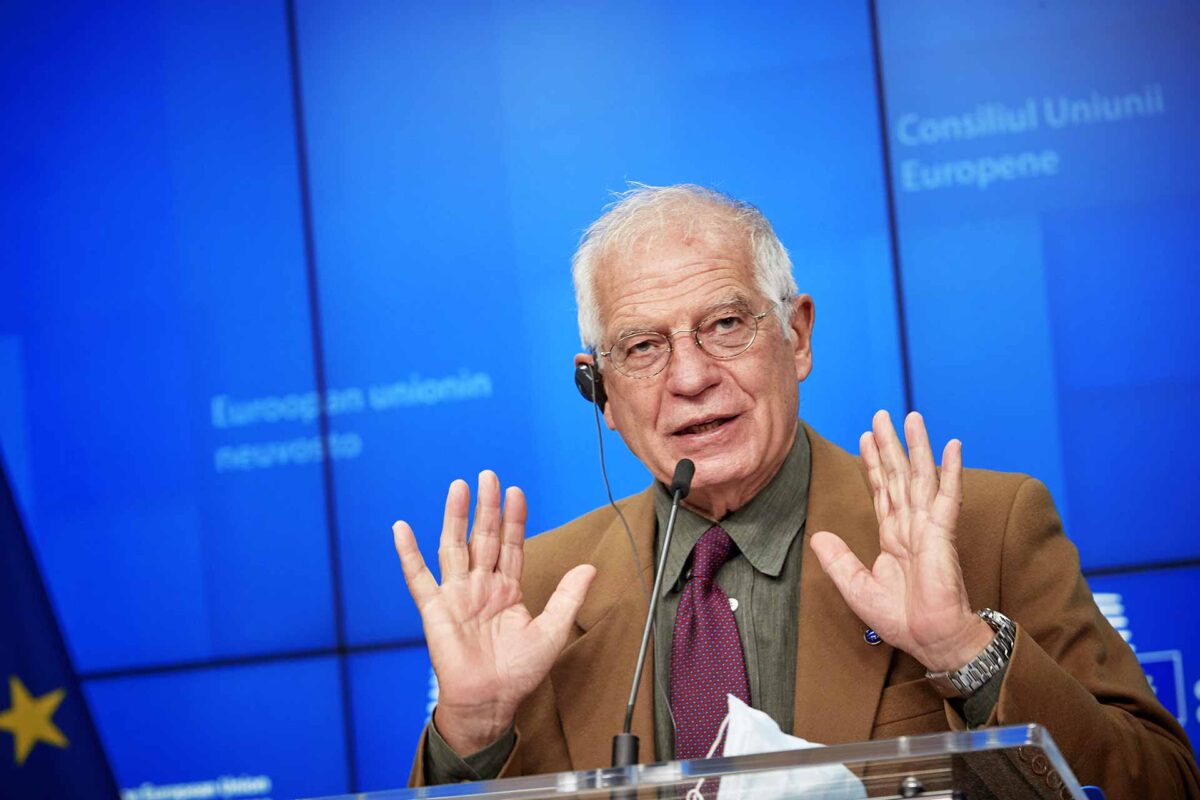
Such restrictive measures will provide for a travel ban applying to individuals, and the freezing of funds applying to both individuals and entities. In addition, persons and entities in the EU will be forbidden from making funds available to those listed, either directly or indirectly.
The framework for targeted restrictive measures applies to acts such as genocide, crimes against humanity and other serious human rights violations or abuses (e.g. torture, slavery, extrajudicial killings, arbitrary arrests or detentions). Other human rights violations or abuses can also fall under the scope of the sanctions regime where those violations or abuses are widespread, systematic or are otherwise of serious concern as regards the objectives of the common foreign and security policy set out in the Treaty (Article 21 TEU).
It will be for the Council, acting upon a proposal from a member state or from the High Representative of the EU for Foreign Affairs and Security Policy, to establish, review and amend the sanctions list.
This new EU Council decision emphasises that the promotion and protection of human rights remain a cornerstone and priority of EU external action and reflects the EU’s determination to address serious violations and abuses.
Who is targeted by the Sanctions Regime?
The EU Global Human Rights Sanctions Regime (EUGHRSR) targets individuals and entities responsible for or involved in serious human rights violations or abuses worldwide. It can also target individuals and entities associated with the perpetrators.
In what regards the nature of the targets, these can be both state and non-state actors, regardless of where they are, and regardless of whether they commit those violations and abuses in their own state, in other states or across borders.
EU sanctions are targeted and never aim at the civilian population. The new EUGHRSR contains specific clauses, incl. a dedicated humanitarian derogation, allowing Member States to authorise actions that would otherwise be restricted, if such actions have humanitarian purposes.
Which acts are covered by the EU Global Human Rights Sanctions Regime?
The EU Global Human Rights Sanctions Regime (EUGHRSR) covers serious human rights violations and abuses. More concretely, acts covered by the EUGHRSR are genocide, crimes against humanity, torture and other cruel, inhuman or degrading treatment or punishment, slavery, extrajudicial, summary or arbitrary executions and killings, enforced disappearance of persons, arbitrary arrests or detentions.
Genocide – Crimes against humanity – Torture
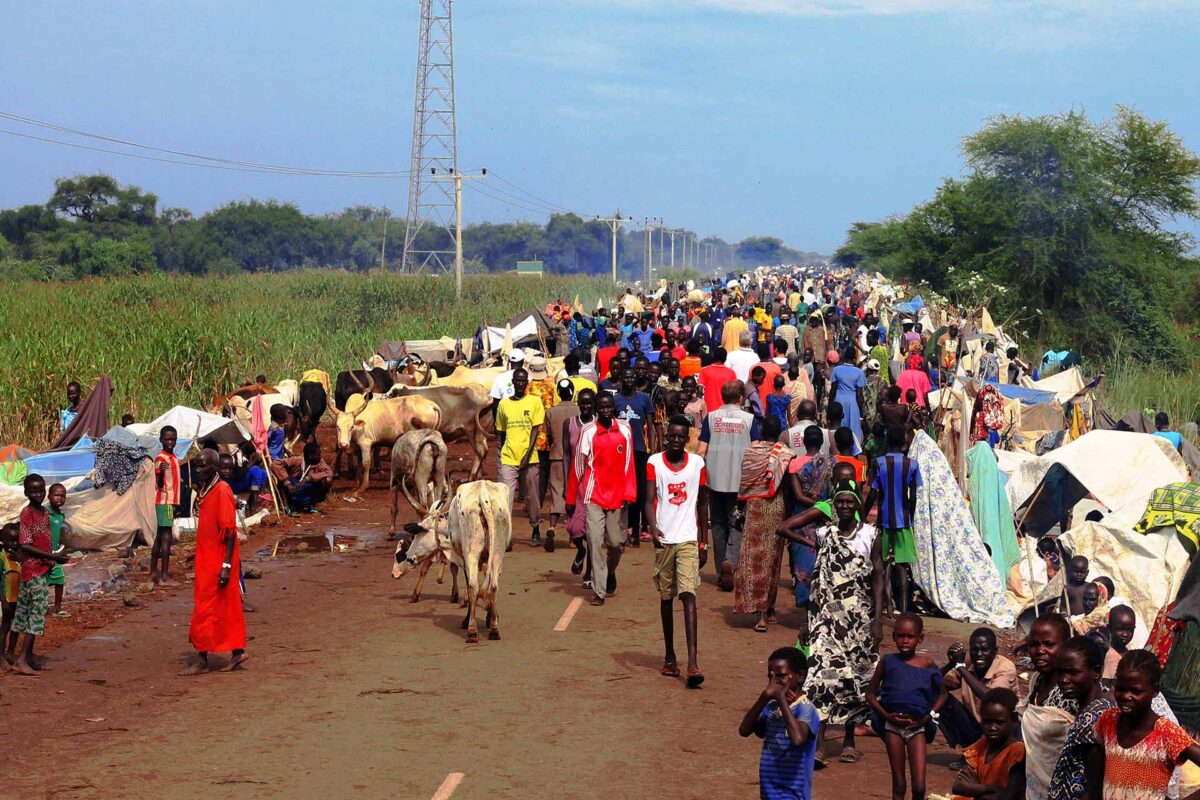
It also covers other acts, incl. but not limited to the following, in so far as those violations or abuses are widespread, systematic or are otherwise of serious concern as regards the objectives of the common foreign and security policy set out in Article 21 of the Treaty on European Union. Trafficking in human beings, as well as abuses of human rights by migrant smugglers as referred to in this answer, sexual and gender-based violence, violations or abuses of freedom of peaceful assembly and of association, violations or abuses of freedom of opinion and expression, violations or abuses of freedom of religion or belief.
Which sanctions can the EU Global Human Rights Sanctions Regime impose?
The EU Global Human Rights Sanctions Regime (EUGHRSR) can ban perpetrators from entering the EU, freeze perpetrators’ assets in the EU and prohibit any EU person from making funds and economic resources available to perpetrators.
What does the EU Global Human Rights Sanctions Regime mean for EU citizens and economic operators?
The EU Global Human Rights Sanctions Regime (EUGHRSR) contributes to the respect for human rights, a fundamental value of the EU. It does so by attaching a cost to serious human rights violations and abuses in the form of banning perpetrators from the EU and freezing their assets in the EU. The restrictions set out in the EUGHRSR also mean that EU operators are obliged to freeze the assets of the perpetrators listed and must not make funds or economic resources available to them.
EU sanctions are applied by EU Member States. For more details on the implementation of the EUGHRSR, please also consult the Commission guidance note on the implementation of certain provisions of Regulation (EU) 1998/2020.
Can sanctions imposed under the EU Global Human Rights Sanctions Regime have unintended consequences for the civilian population?
All EU sanctions are targeted to minimise risks of unintended consequences on the general population. The EU Global Human Rights Sanctions Regime (EUGHRSR) only includes individual measures (a travel ban, an asset freeze and a prohibition to make funds and economic resources available), which only apply to the perpetrators listed. These sanctions, as all EU sanctions, should not impede the supply of humanitarian aid, including medical assistance. Specific exceptions for humanitarian purposes are foreseen.
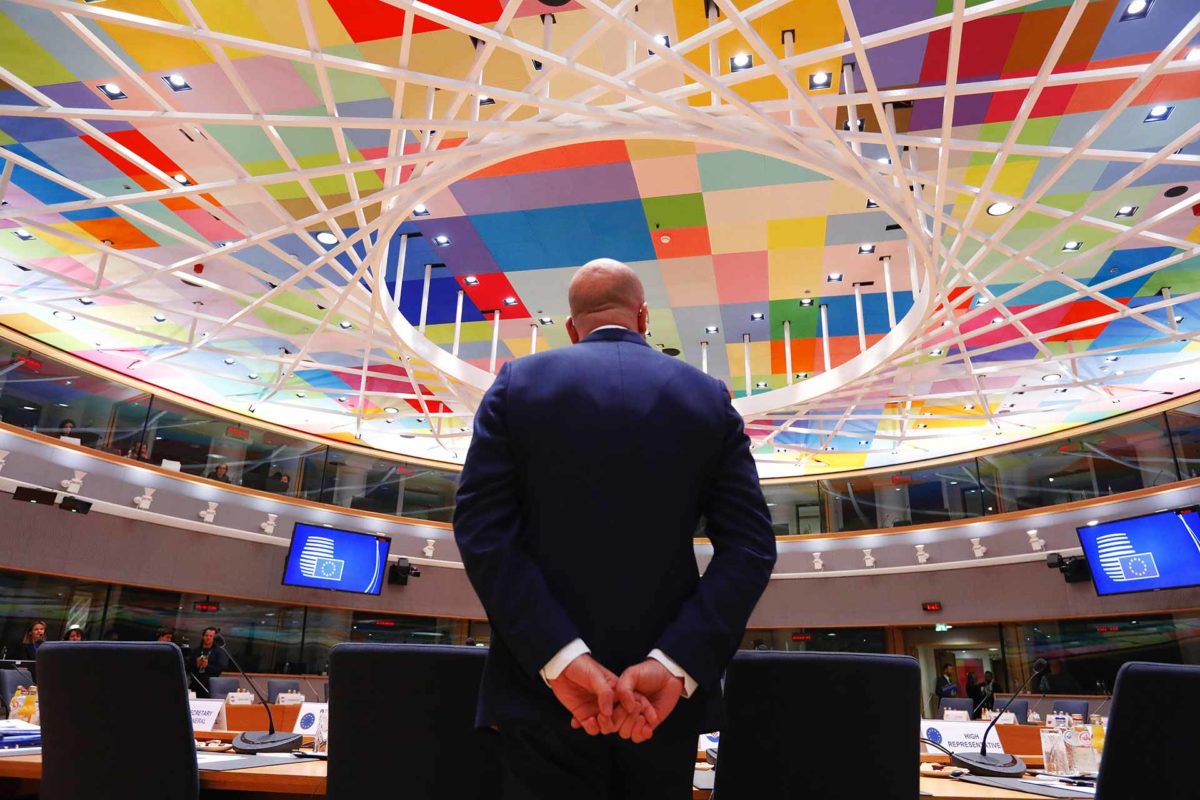
In particular, these individual measures include all usual standard exceptions, e.g. the satisfaction of basic needs of designated persons and their dependent family members, including payments for foodstuffs, medicines and medical treatment.
In addition, the EUGHRSR includes a dedicated so-called humanitarian derogation. Derogations mean that a restricted (prohibited) action can be carried out after a Member States’ national competent authority has granted an authorisation.
Concretely, the derogation allows Member States to grant an authorisation to humanitarian operators. As a result, certain frozen funds or economic resources can be released, or certain funds or economic resources can be made available, if this is needed for humanitarian purposes, such as delivering or facilitating the delivery of assistance, including medical supplies, food, or the transfer of humanitarian workers and related assistance or for evacuations.
For more details on the implementation of these provisions, please also consult the Commission guidance note on the implementation of certain provisions of Regulation (EU) 1998/2020.
Who can propose sanctions under the new Sanctions Regime?
In line with Art. 5 of the Council Decision, the High Representative of the European Union for Foreign Affairs and Security Policy and EU Member States can put forward proposals for listings. It is then for the Council to decide on those listings.



